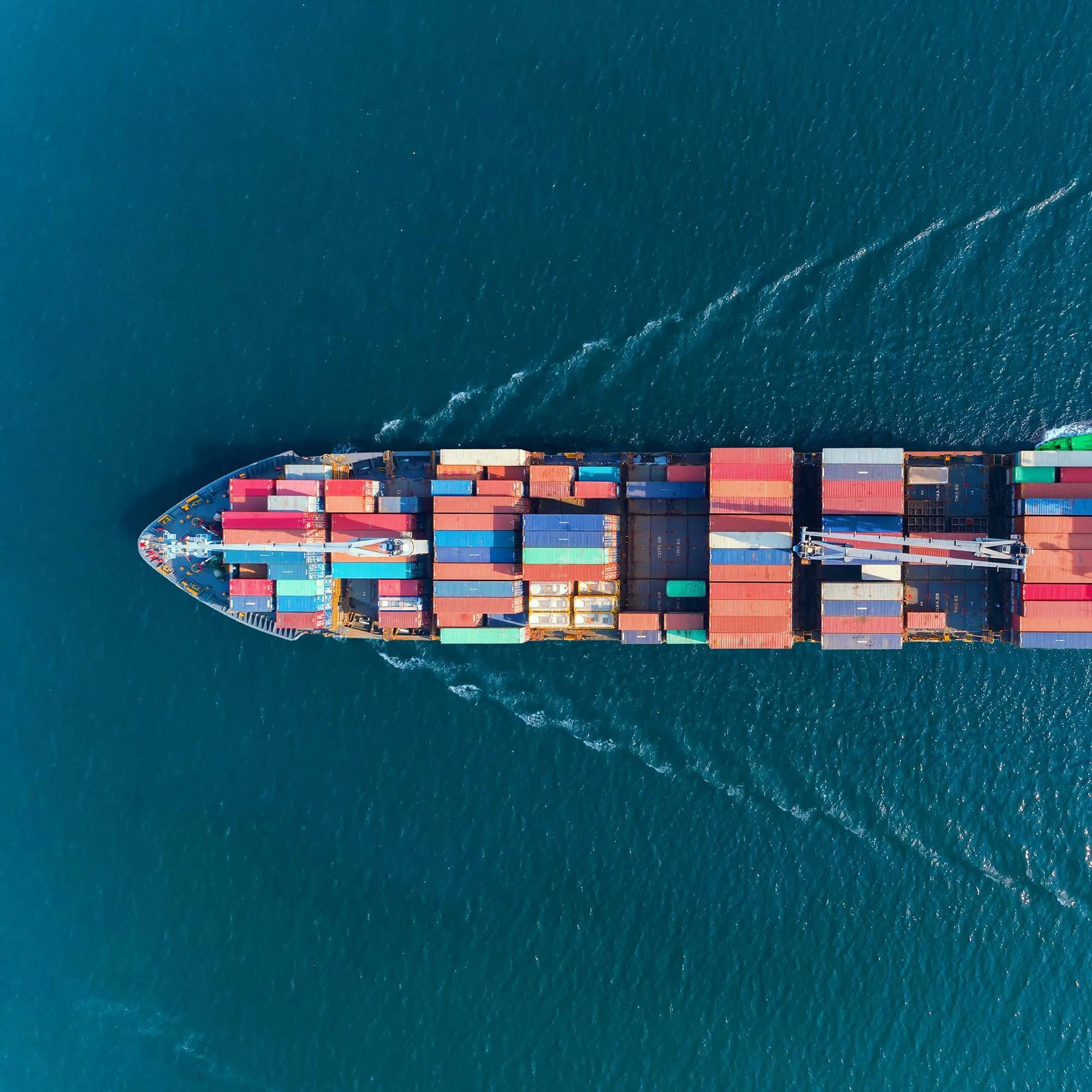Imported emissions
From co-dependence to
co-operative action
A collective effort of G20 countries to reduce emissions “embodied” in trade can accelerate the decarbonisation of the global economy.
New Report from:
Why imported emissions?
The UN framework for climate negotiations (UNFCCC) has always focused on territorial emissions – i.e. emissions produced within a country’s boundaries. There are good reasons for this, including the fact that they are the “easiest” to tackle via national climate policies and set reduction targets for.
But this approach doesn’t take account of the highly interdependent nature of international trade, which means that a given country’s needs for goods and services are partly satisfied by other countries. In fact, approximately a quarter of global emissions are generated by countries for other countries’ final consumption.
These emissions known as imported emissions can represent a large proportion of a country’s carbon footprint, i.e., the combination of territorial emissions plus imported emissions minus exported emissions.
Our new report focuses on the G20 group of the world’s largest economies, which account for 81% of the world’s imported emissions, and examines the flows of these emissions by both geography and sector.
Recognising that this is a problem shared by the vast majority of countries, the report also outlines the potential for a cooperative approach to acting on imported emissions, in addition to so-called unilateral measures such as the EU carbon border adjustment mechanism.




